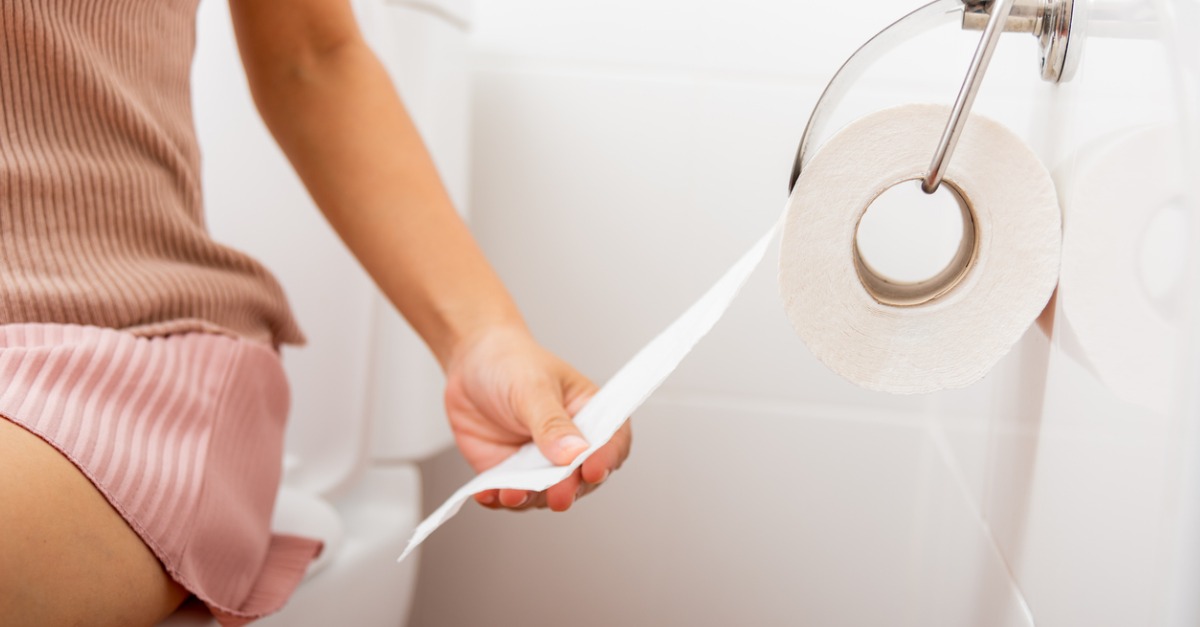It’s frustrating any time your body doesn’t work the way you expect it to, but especially so when the issue involves bathroom habits. Urinary incontinence is one (often unrecognized) condition that can be extremely disruptive and affect your quality of life. We know personally it’s something that no patient is eager to discuss.
But whether you keep it quiet or proclaim it to the mountaintops, no one should have to live with bladder leaks.
What Is Urinary Incontinence?
Urinary incontinence is a condition that affects your ability to control your bladder, often leading to urine leakage. There are several types, each of which can have different causes and characteristics. In general, urinary incontinence is more common in older adults and women who have given birth, but pelvic floor disorders, urinary tract infections, and having an enlarged prostate can also contribute to the issue.
How Is Urinary Incontinence Treated?
Many people believe incontinence is simply a part of aging. While your risk does increase with age (especially after menopause), it’s not an inescapable aspect of getting older. Here are a few treatment options we can discuss in greater detail at your next appointment.
Self-Treatment Options
“Lifestyle changes may be all you need to manage certain types of mild urinary incontinence,” assures Dr. Mironda D. Williams of Rosa Gynecology. For instance, if you struggle with urine leakage at night, cutting off fluids a few hours before bedtime may help. Avoiding caffeine, alcohol, and carbonated beverages could also reduce urge incontinence, which happens when you feel the need to urinate right away. This desperate feeling can be caused by an overactive bladder, which can be triggered by certain bladder irritants as well as other anatomical issues like weak pelvic muscles or nerve damage.
You may also find that certain exercises can actually strengthen your bladder and prevent leakages over time. Timed voiding, for example, is a practice in which you urinate on a regular schedule (whether you “need to” or not), and gradually increase the windows between bathroom breaks, thereby training your bladder to hold more urine.
Pelvic floor exercises also involve tightening the muscles used to stop urine flow, and then relaxing them. These can strengthen the tissue that controls your urine flow, and provide more muscular confidence when it comes to controlling urge incontinence, as well as stress incontinence, which occurs when urine leaks happen during activities like exercise.
Maintenance Medication
Several medications can reduce bladder leakage and restore normal bladder function. Some relax your muscles so that your bladder can empty fully, while others control the muscles that prevent leakages. Your provider or gynecologist can help pinpoint the best type of medication to match your needs based on the incontinence symptoms you’re experiencing.
Surgery Solutions
When other treatments fall short, surgical interventions are available to address bladder leakage. The exact approach used will depend on the type and cause of your incontinence, so it’s important to first receive an accurate diagnosis first.
If you’re experiencing urinary incontinence or you have any other gynecological issue to discuss, don’t hesitate to connect with our caring providers. Rosa Gynecology offers a welcoming environment where your concerns are heard. Schedule an appointment online or by calling 770-487-9604.




